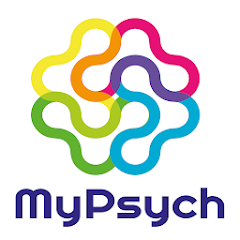Indications
- Treatment & prophylaxis of mania & bipolar disorder
- Treatment & prophylaxis of recurrent depression
- Treatment & prophylaxis of aggressive or self-harming behaviour
Prescribing
- Brands are not interchangeable
- Write the brand and approved name on the prescription sheet i.e. PRIADEL (Lithium carbonate)
Monitoring lithium levels (see Lithium Standards)
- On admission to hospital
- 5 - 7 days after a dose change
- If patient becomes physically unwell
- Take level 12 hours after last dose
- Target range 0.4 - 1.0 mmol/L
- Immediately if toxicity suspected
On-going monitoring
- Lithium levels every 3 months once treatment established
- Renal and thyroid function every 6 months
- Calcium annually
- ECG annually if clinically indicated
Causes of toxicity
- Dehydration
- Deterioration of kidney function (Renal drug database)
- Infection
- Interacting medicines (Stockley's Drug Interactions)
Signs of toxicity
- Vomiting/diarrhoea
- Loss of appetite
- Confusion, slurred speech, drowsiness, sluggishness
- Severe tremor or twitching
- Muscle weakness
- Blurred vision, ringing in the ear
- Dizziness/loss of balance, clumsiness

